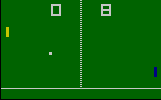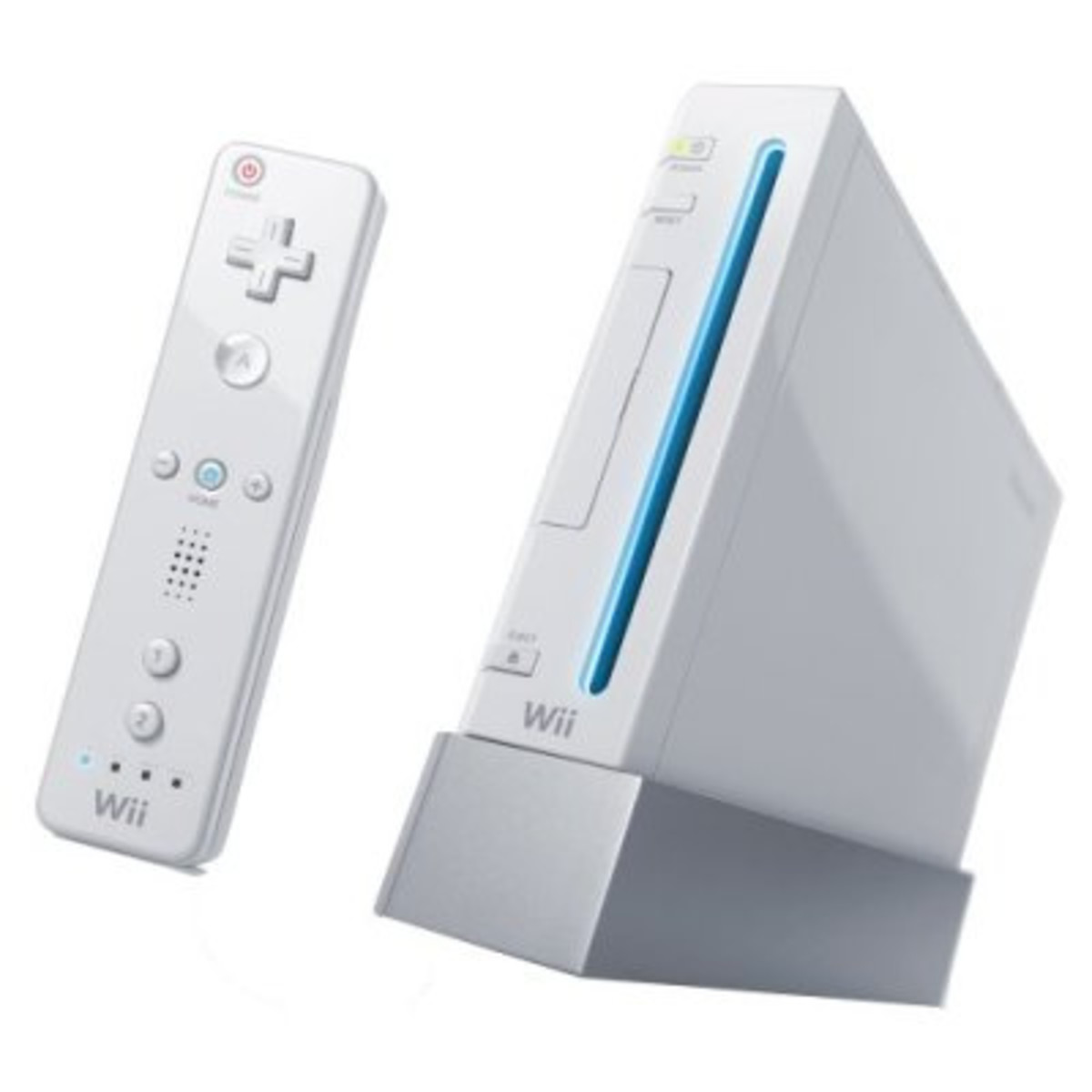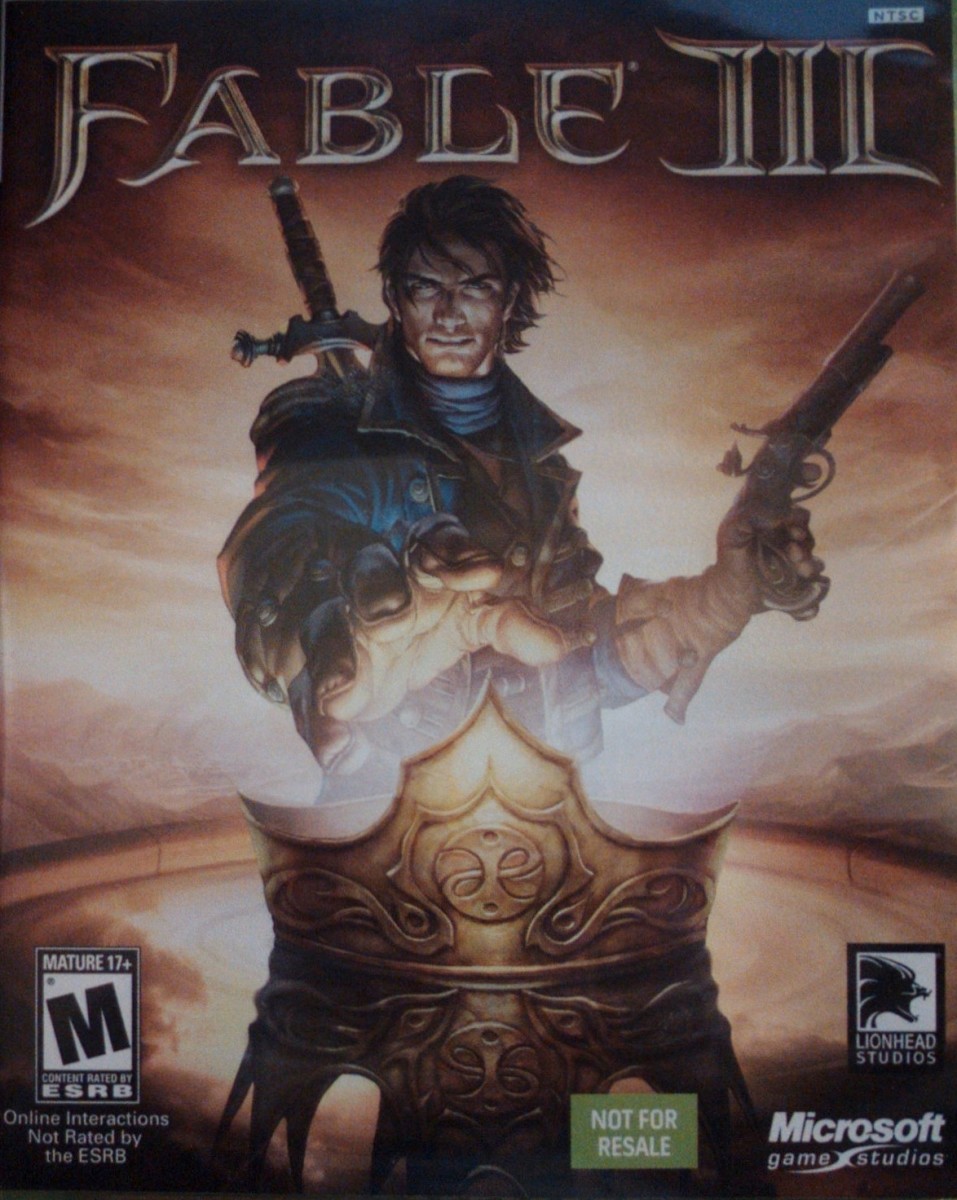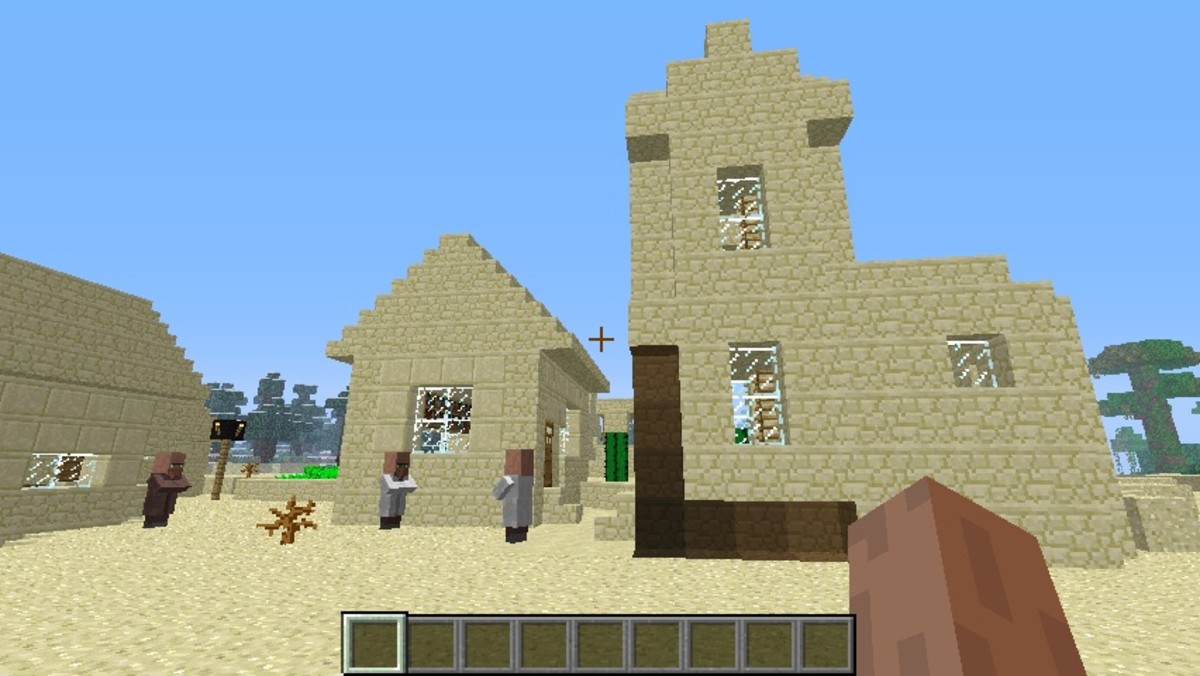Older Games on the PC
Games on the PC
The video games on the PC nerd will tell you that a video game or interactive entertainment is an electronic game that involves interaction with a user interface. Eh! Surely, playing games on a P.C isn't complicated. You buy a game on a dvd, slot it in the computer and start to play. Don't you? Yes, nowadays you do, but it wasn't always like that.
The electronic devices used to play video games are known as platforms, examples of which are computers and game consoles. I think my kids first video game came on vhs tape and was played on our television. The game came up on the screen of our television set as a tennis court with a bouncing ball which you had to hit. This was in the good old days of 1982, the 8 bit era. But the compulsive playing of video games started a long time before this.
Pong

The Start
Students started to write games to be used on their university's mainframe computers in the early 1970s, highly illegally against their university rules, however, where there's an idea, there will be a solution. Two systems were developed though:
The PLATO system designed at the university of Illinois on a computer designed by CDC (Control Data Corp.)
and DECUS made by Digital Equipment Corp. (DEC) They designed games that could be played on their own hardware.
Don Daglow wrote the first baseball game for computer in 1971
Mike Mayfield created Star Trek on a Sigma minicomputer in 1971. Several other Star Trek games were also available via PLATO and DECUS throughout the 70's to 80's.
Gregory Yob wrote Hunt the Wumpus in 1972, probably the first adventure game.
The first shooting games were in 1974 with Maze War and Spasim.
Also in 1974, an airplane simulator called Airflight was written by Brad Fortner. In this game you could shoot down aircraft flown by other people.
In 1975 the Universities were changing their systems to use CRT screens, much faster and with better graphics. In the same year Daglow wrote the first role – playing game, Dungeon, which became Dungeons and Dragons.
Things were moving on at a pace and in the next five years many games and systems were produced for home computers. The dungeons and dragons theme was still a big hit, though, and in 1980, Rogue was released and became available for home computers. This game randomly generated the dungeon for each play session, so the path to treasure and the enemies who protected it were different for each game.
Leaps and Bounds
When I bought a computer for my children, a Commodore 64, in 1982, and it seems like only yesterday, the system was so far advanced that the games came on tapes that you played on your tape player alongside the Commodore. The Atari came along in 1982 as well. The Sega 1000 was born in 1983, but they were improving it all the time and the Sega 1000 ll followed in 1984. Gameboy was a huge hit, certainly with my nephews, in 1989, starting the fascination for hand held games with kids clicking like mad as they walked along the streets oblivious to everything going on around them. In 1989 Sega started the 16 bit era. Do you remember Mario Brothers?
Mario Brothers
Great Times
What about Super Mario, Pac Man and Donkey Kong. What about Tetris? Stacking blocks into a cylinder? Space Invaders, Sonic, Street Fighter, the development came along in leaps and bounds.
In 1992 Sega introduced their home based console with high quality graphics and full motion video.
This system used the computer’s most powerful software storage device, the CD-ROM. Far less expensive to make than cartridges, CD-ROMs could hold more information and get the game off the disc as needed. This allowed for higher quality graphics, more elaborate games and more sophisticated games. In this year ID software brought out their Wolfenstein 3d game which was the start of the shoot -em -up games. Later, in 1993 ID software brought out Doom, another First Person Shooter game. This one rapidly overtook Wolfenstein.
Also in 1993 Nintendo launched their Super Nintendo Entertainment system (SNES), followed by Supergameboy in 1994, then SNES2 in 1997.
On to the 32 bit era.
Sony's Playstation in 1994.
Nintendo's Game Boy colour in 1998.
There was a huge leap from 32 bit to 128 bit technology with only Nintendo using 64 bit systems.
During 1998 to 2004, the 128 bit systems took over, and Sony's Playstation and Microsoft's Xbox were introduced.
2004 to the present brought the well known names that dominate our society now.
Apple's, iphone and ipod. Both handheld.
Nintendo with Nintendo DS, handheld.
Sony and Playstation 3 as a console and Playstation Portable in handheld.
Microsoft 's Xbox 360 as a console, and finally,
Nintendo's Wii.
Games have come such a long way in a short space of time, that it makes me wonder: what is going to happen to games in the next twenty five years?






